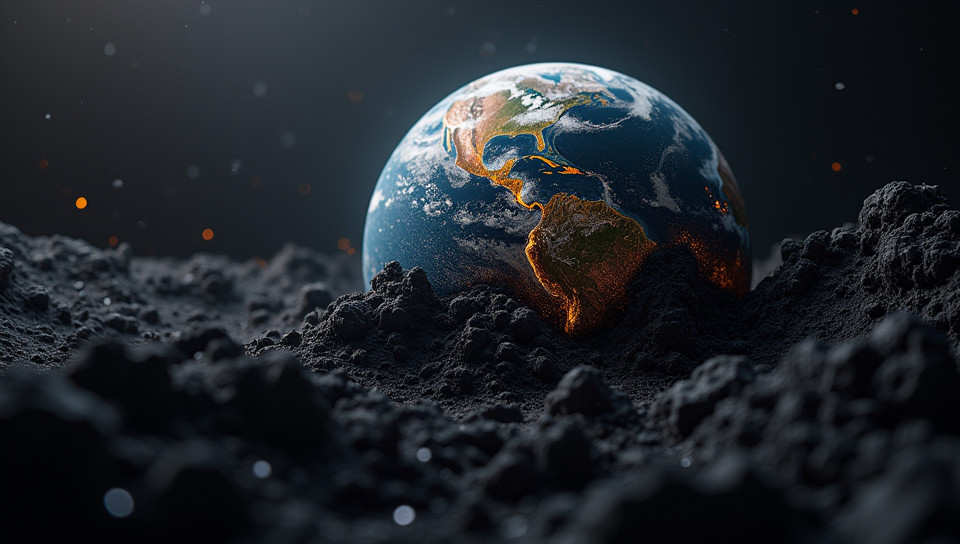Carbon makes up a small part of the earth's crust 80%

The Hidden Truth About Carbon's Presence on Earth
As we continue to navigate the complexities of our planet's composition, it's astonishing to discover that carbon, often touted as the backbone of life, makes up a relatively small part of the Earth's crust. Despite its significance in the formation of organic molecules and fossil fuels, carbon's abundance is remarkably low, leaving us with more questions than answers about the intricate balance of our planet's chemistry.
What Constitutes the Earth's Crust?
The Earth's crust is composed of various elements, including oxygen, silicon, aluminum, iron, calcium, sodium, potassium, magnesium, and titanium. These elements are the building blocks of rocks, minerals, and sediments that make up the solid foundation of our planet. While carbon plays a crucial role in the formation of certain minerals, such as calcite and dolomite, it is not a dominant component of the crust.
The Role of Carbon in Earth's Processes
Carbon is present in various forms within the Earth's crust, including: - organic compounds - inorganic carbonates (e.g., limestone) - carbon dioxide dissolved in groundwater
However, its overall concentration remains relatively low compared to other elements. This scarcity highlights the importance of understanding the complex processes that regulate carbon's distribution and cycling through the environment.
The Significance of Carbon's Limited Presence
The restricted presence of carbon in the Earth's crust has significant implications for our comprehension of geological processes, climate dynamics, and the evolution of life on Earth. For instance, the limited availability of organic carbon may have influenced the emergence and diversification of life forms on our planet.
Conclusion
In conclusion, while carbon is an essential element for life and plays a vital role in various geological processes, its presence in the Earth's crust is relatively small compared to other elements. This fact underscores the importance of continued research into the intricate relationships between the Earth's composition, climate, and life forms. By exploring these connections, we can gain a deeper understanding of our planet's complexities and develop more effective strategies for managing its resources sustainably.
- Created by: Mehmet Koç
- Created at: Nov. 6, 2024, 2:56 p.m.
- ID: 15506






